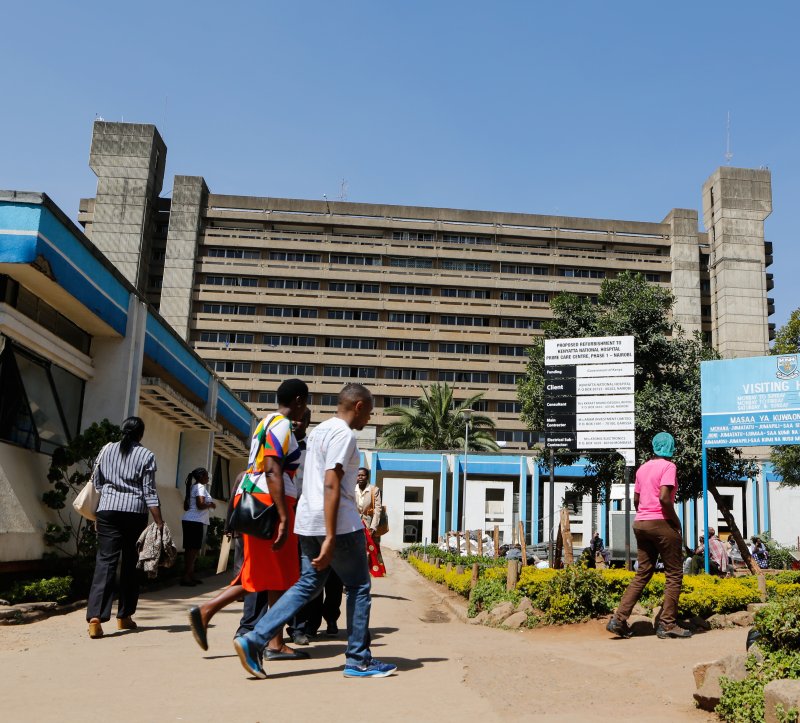Bear in mind while Confederate statues are coming down they're erecting this one. If he wasn't a liberal politician he would have been behind bars. Oh wait...he was behind bars.
Remember this?
---------------------------------------------------
A new statue of Marion Barry, a former mayor of Washington, D.C., is seen after its unveiling, March 3, 2018. (DC Council)
To some in Washington, D.C., he was a “living legend” who advocated for the city’s poor. To others he was a controversial figure remembered for being re-elected mayor despite serving a prison sentence for possession of crack cocaine.
On Saturday, an 8-foot-high bronze statue of former Mayor Marion Barry was unveiled on Pennsylvania Avenue in the nation’s capital, just blocks from the White House.
The statue, designed by artist Steven Weitzman, was ordered by the D.C. Commission on the Arts and Humanities, Washington's Fox 5 reported. The estimated $250,000 cost was covered by a combination of public and private funds, the Washington Business Journal reported.
The move to honor Barry, who died at age 78 in 2014, may seem mystifying to non-Washingtonians. But among Barry's supporters, the statue is an appropriate tribute to a legitimate D.C. icon — a man so popular and influential that he walked out of federal prison and immediately began winning elections again with one of the most improbable comebacks in American political history.
"He was a living legend," said City Councilman Trayon White, during an appearance Thursday on an influential local radio show hosted by Kojo Nnamdi. "Marion Barry was an integral part of getting D.C. where it is today. ... To honor a man like that who touched so many people — it's right for the city.”
Marion Barry, a former mayor of Washington, D.C., who died in 2014, is seen in a photo from July 6, 2009. (Associated Press)
Not everyone views Barry so fondly. When the radio show started taking phone calls, the first caller blasted Barry as an "abysmal mayor" who presided over an era of corruption and mismanagement but now benefits from what the caller referred to as "convenient historical amnesia."
Wait. What? D.C. is erecting a statue to honor crack smoking Mayor Marion Barry who served 6 months in a federal prison? Talk about offensive statues.... #LiberalismIsAMentalDisorder— Deplorable JP (@JP61926104) March 3, 2018
Regardless of the personal opinions on him, there's no denying that Barry had a massive influence on the capital city. With modern Washington undergoing widespread gentrification and large numbers of poorer black residents being priced out and leaving, Barry evokes an earlier time when the District truly was "Chocolate City" — one of the power centers of black America.
"Marion Barry was an integral part of getting D.C. where it is today."
- City Councilman Trayon White
He's right:
Despite his widely acknowledged personal failings, he is regarded as having enriched and elevated other black residents and partially credited with helping create the robust black middle class that populates both Washington and neighboring Prince George's County in Maryland.
City Councilwoman Anita Bonds, in an email to the Associated Press, recalled Barry's "magnetic personality" and credited him with directing 45 percent of government contracts to minority-owned businesses and launching multiple initiatives, "to uplift communities that were often overlooked and left out."
A local columnist in the 1990s coined the title "mayor for life" — a term which evokes something closer to a third world demagogue than a modern democratic official. But Barry's supporters embrace that nickname as a badge of pride, a symbol of Barry's lifelong connection to the city and its residents. A generation of black Washingtonians got their first paying jobs through one of Barry's summer youth employment programs.
Barry brought a legitimate and undeniable pre-politics resume as a pioneering civil rights activist. A Memphis native, Barry became heavily involved in the nascent civil rights movement as a university student in the late 50s and 60s, serving as the first chairman of the seminal Student Nonviolent Coordinating Committee. He moved to Washington in 1965 to run the SNCC office there.
Barry quickly became deeply involved in Washington's black community, founding a program to provide job training to unemployed black men and getting elected first to the school board, then to city council. In 1978, he became Washington's second elected mayor. He served three terms, which were marked by increasingly erratic behavior, corruption allegations and widespread suspicions of drug and alcohol abuse.
The 1990 sting and subsequent trial caused him not to seek a fourth term. He was sentenced to six months in prison for cocaine possession, although a deadlocked jury couldn't convict him on some of the more serious charges.
In one notorious episode, the Washington Post reported in January 1992 that inmates and a federal official claimed to have seen Barry engaged in a sex act with a female visitor in front of dozens of people. Barry denied the claims.
After his 1992 release, Barry immediately ran for and won a seat on the city council, then successfully ran for mayor again in 1994 and served one term. Barry left politics for few years, then ran for city council again and won in 2005, serving until his death in 2014.
Throughout his entire career, Barry was dogged by legal troubles, corruption allegations, drunk-driving arrests and a host of other issues that would have obliterated the career of most politicians.
But Barry's ultimate legacy and popularity might be summarized by the campaign slogan he adopted when he emerged from prison and dove straight back into politics: "He May Not Be Perfect, But He's Perfect for D.C."
















